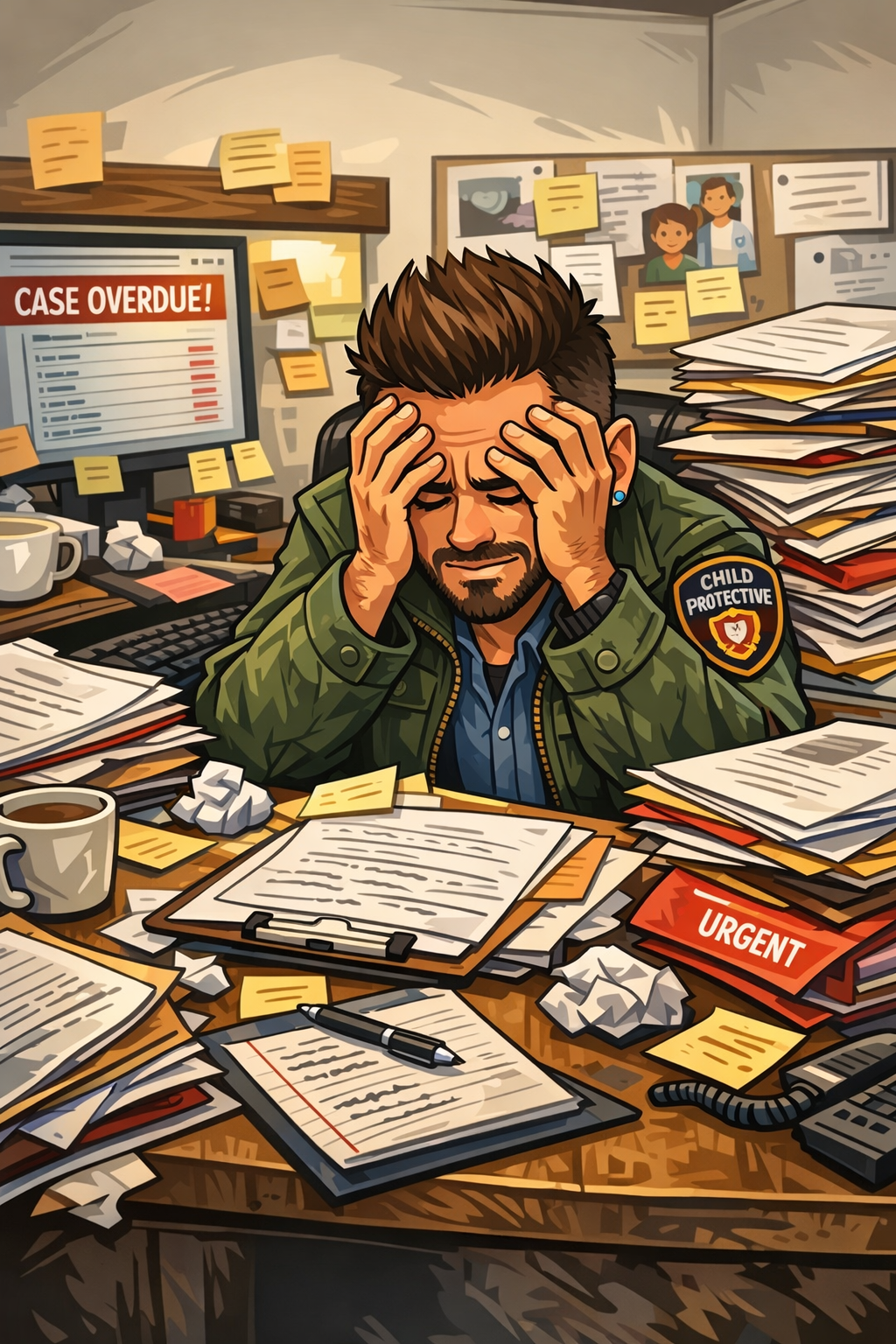
Disarming a Condescending Person Without Proving Yourself
Condescension only works when self-doubt takes the wheel. This article breaks down why patronizing behavior destabilizes people, how the reflex to prove yourself hands power away, and how self-trust, regulation, and clear boundaries disarm it in work, family, and authority dynamics.
Brian Granneman, LMHC, CAP, CCTP, Naples Integrated Recovery

Happiness Isn’t the Goal — Joy Comes From How You Live
Happiness isn’t the goal. Joy isn’t about feeling good all the time. It’s about building stability when emotions shift. This article explains why happiness fails as a life goal and how joy emerges as a byproduct of perspective, acceptance, and grounded living. Brian Granneman, LMHC, CAP, CCTP, Naples Integrated Recovery

Anger, Acceptance and the Cost of Spiritual Bypass without Boundaries
Anger often signals violated boundaries, not spiritual failure. This piece examines how acceptance becomes harmful when it bypasses discernment, drawing on Stoicism, recovery, trauma psychology, and lived experience to clarify the difference between surrendering control and surrendering self-respect.
Brian Granneman, LMHC, CAP, CCTP, Naples Integrated Recovery

The Approval Prison — and the Self That’s Waiting Underneath
Approval-seeking quietly organizes identity, behavior, and relationships—shaping what people say, hide, and perform to stay connected. This piece examines the “Approval Prison” through an IFS lens, showing how protective parts learn to manage perception for safety, how Self gets buried underneath, and what changes when performance gives way to grounded, self-led presence.
Brian Granneman, LMHC, CAP, CCTP, Naples Integrated Recovery

The Jealous Shutdown Cycle: When Conflict Comes Out as Distance
When a partner pulls away after you spend time with friends, it’s often a jealous shutdown, not indifference. This article explains the attachment and nervous-system dynamics behind silent withdrawal, why it feels punishing, and how couples can repair disconnection without shrinking their lives or escalating conflict.
Brian Granneman, LMHC, CAP, CCTP, Naples Integrated Recovery

How Breakups Rewire You: What You Carry Into Your Next Relationship
Breakups don’t just hurt—they rewire the nervous system. This article explores attachment loss, grief vs. bargaining, relief vs. healing, and how unresolved endings shape trust, regulation, and patterns in future relationships. Learn what a “clean ending” actually means and how integration builds capacity instead of carrying emotional debt forward.
Brian Granneman, LMHC, CAP, CCTP, Naples Integrated Recovery

Wise Mind After Tragedy
An in-depth examination of tragedy through DBT, neuroscience, and dialectical thinking. This episode explains Emotion Mind, Reasonable Mind, and Wise Mind, exploring fear, agency, accountability, and trauma responses in police-civilian encounters and public unrest, with a focus on accuracy over outrage.
Brian Granneman, LMHC, CAP, CCTP, Naples Integrated Recovery

Finding the Teacher Within
Finding the Teacher Within explores why real growth doesn’t come from being told what to do. This article examines how outsourcing authority weakens agency, why confidence develops through choice, and how therapy supports clarity without control. Brian Granneman, LMHC, CAP, CCTP, Naples Integrated Recovery

Feeling Stuck? How to Break Free and Move Forward
Feeling stuck in life or work? Learn how Stoic principles and small daily actions can help you break free from languishing, overcome self-doubt, and make meaningful changes. Discover why shifting perspective, caring for your health, and sometimes making bold moves are the keys to building momentum and moving forward.

The Empty Boat: Learning Not to Take Things Personally
The Empty Boat parable teaches us not to take life’s bumps so personally. Sometimes anger arises not from what happens, but from the story we tell ourselves about why it happened. By seeing life’s collisions as drifting boats on the river, we can respond with mindfulness, compassion, and freedom instead of reactivity.

